Client Login
×BANKRUPTCY
Medical debt, loss of income, business debt, divorce, and other life changes can take a toll on your financial security. Bankruptcy protection gives you the power to regain control of your future.
Federal law allows individuals to file one of two kinds of bankruptcy actions: Chapter 7, which eliminates debt entirely, or Chapter 13, which establishes a plan to pay your debt over time in manageable installments.
The choice of bankruptcy protection depends on your circumstances. If you are struggling to pay debts and unable to make ends meet, our experienced attorneys can help you determine which bankruptcy option is right for you.
Chapter 7 Bankruptcy
In a bankruptcy filed under Chapter 7, individuals as well as partnerships, corporations, and other business entities (debtors) can seek protection from creditors. A bankruptcy trustee oversees the sale of most of the debtor’s property, and the profits are used to pay off the debts. Exemptions allow the debtor to retain some of their assets, up to certain limits.
For individual debtors, Chapter 7 is best suited to people with limited income who do not have substantial equity in their homes and lack the ability to pay back a significant portion of their debts. Once the bankruptcy process is complete, the person is debt-free, even if their liabilities far exceed their assets.
A debtor can discharge many kinds of liabilities in a Chapter 7 bankruptcy proceeding, including:
- Credit card debt
- Medical bills
- Personal loans
- Cell phone bills
- Utility bills
- Auto repossessions
- Home foreclosures
- Bank overdraft charges
- Payday loans
If you are considering bankruptcy for yourself or your business, the attorneys at the Shimek Law Firm will verify that your home, vehicle, and other assets are exempt from sale before filing a Chapter 7 action.
Chapter 13 Bankruptcy
If individuals have the means to repay at least some of their debts, they will most likely be required to seek Chapter 13 bankruptcy protection. In a Chapter 13 proceeding, the debtor’s property is not automatically sold. Instead, the court approves a repayment plan, under which the debtor pays creditors a portion of the total outstanding debt over a fixed period of time (usually three to five years).
Once the debtor completes those scheduled payments, any remaining “unsecured” debts (like credit cards, personal loans, and medical bills) in the plan will be discharged, meaning the debtor does not have to pay them. If the debtor makes back payments of “secured” assets (like a home or vehicle) under the plan, they can keep them and make regular payments going forward.
Filing for Chapter 13 protection can help you catch up on mortgage debt, home equity payments, and auto loans, preventing foreclosure and repossession of your property. Balances of certain secured loans can be reduced, which makes repayment easier. A Chapter 13 plan can also help you pay off outstanding IRS or state taxes and penalties, credit cards, medical bills, and other debt.
Weighing the Pros and Cons of Bankruptcy
Chapter 7 or Chapter 13 doesn’t wipe out all of your debts, such as mortgages, vehicle loans, and student loans. But the vast majority of consumer debts are dischargeable, including healthcare expenses and credit card bills. Erasing a significant portion of your debt may make it easier to pay off the remaining non-dischargeable debt.
A bankruptcy appears on your credit report for either ten years (Chapter 7) or seven years (Chapter 13), which may hurt your ability to obtain loans or credit. If late payments or foreclosure have already taken a toll on your credit, however, the additional impact may be negligible. Paying bills on time and better managing your debt under a bankruptcy process or plan can help you rebuild and restore your credit.
If you’re fighting to keep your head above an ocean of debt, contact the Shimek Law Firm today. We can help you assess your debt, evaluate your assets, and advise if filing for bankruptcy is the best option, and if so, whether a Chapter 7 or Chapter 13 filing is the right path forward.
We’ve represented hundreds of clients in bankruptcy actions and will be with you throughout the entire bankruptcy process. Let us help you put your financial future back on track.
ADDRESS
PHONE
TEXT
FAX
Schedule a Consultation
We will get back to you as soon as possible.
Please try again later.


